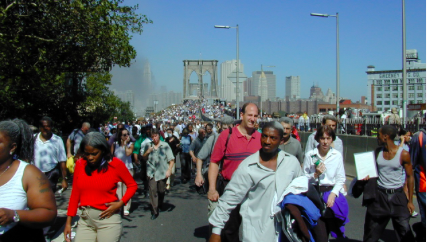Self-isolation for #COVID__19 has always been a problem.
Resorting to coercion is a failure of public engagement and is a poor solution.
A thread of evidence and alternatives. 1/6
bbc.co.uk/news/uk-542219…
Resorting to coercion is a failure of public engagement and is a poor solution.
A thread of evidence and alternatives. 1/6
bbc.co.uk/news/uk-542219…
2/6
'Legal enforcement of self-isolation can create trade-offs by dissuading individuals from self-reporting'
medrxiv.org/content/10.110…
'Legal enforcement of self-isolation can create trade-offs by dissuading individuals from self-reporting'
medrxiv.org/content/10.110…
3/6
Evidence from another type of public health emergency intervention - CBRN mass decontamination - suggests that coercion can have a backfire effect, leading to resistance not engagement
Holly Carter @EPR_HPRU @DrRichardAmlot @ProfRJWWilliams
emerald.com/insight/conten…
Evidence from another type of public health emergency intervention - CBRN mass decontamination - suggests that coercion can have a backfire effect, leading to resistance not engagement
Holly Carter @EPR_HPRU @DrRichardAmlot @ProfRJWWilliams
emerald.com/insight/conten…
4/6
'Staying at home' more generally during the pandemic was better predicted by a sense of 'we're all in it together' than fear of punishment.
blogs.lse.ac.uk/politicsandpol…
'Staying at home' more generally during the pandemic was better predicted by a sense of 'we're all in it together' than fear of punishment.
blogs.lse.ac.uk/politicsandpol…
5/6
Factors associated with adherence to self-isolation and lockdown measures
@DrRichardAmlot
@EPR_HPRU
et al.
sciencedirect.com/science/articl…
Factors associated with adherence to self-isolation and lockdown measures
@DrRichardAmlot
@EPR_HPRU
et al.
sciencedirect.com/science/articl…

6/6
Rapid review of evidence conclusions from @WesselyS @EPR_HPRU and others:
sciencedirect.com/science/articl…
Rapid review of evidence conclusions from @WesselyS @EPR_HPRU and others:
sciencedirect.com/science/articl…

• • •
Missing some Tweet in this thread? You can try to
force a refresh





